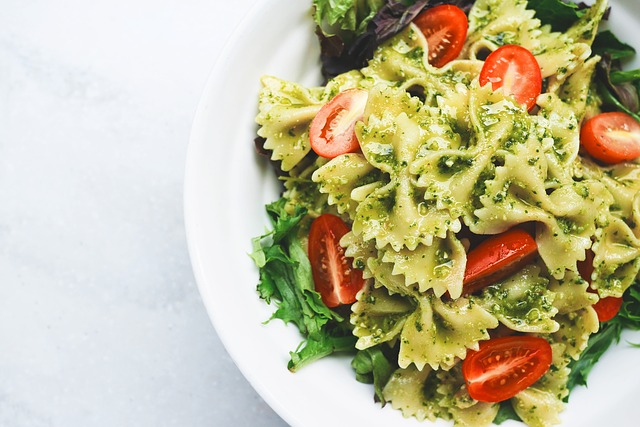Magazines, newspapers, and radio programs continually report new “revolutionary” diets, with celebrity endorsements. How can you tell which diets work? What is actually true? Which ones are false? Here are some popular myths and honest facts about dieting.

MYTH: Water Makes You Fat
FACT: The excess fat on people’s body is not made of water. If you want to remove stubborn fat with CoolSculpting NJ, you can go ahead and do it. However, do not take less water. The actual water does weigh and you may have water weight, but there are no calories. Water weight can fluctuate for a variety of reasons, but it doesn’t turn into fat.
MYTH: Fruit and fruit juices have small amount of calories.
FACT: Most fruits, when eaten in moderation, provide a small to moderate amount of calories and are a good source of fiber and vitamins. Fruit juices can provide an abundance of calories. For example, a 12-ounce can of soda may contain approximately 140 calories, whereas 12 ounces of grape juice can contain as many as 240 calories. Three to four glasses of grape juice alone can result in more calories than in three meals a day.
MYTH: Grapefruit (or any other food) has an enzyme that causes body fat to melt.
FACT: Unfortunately, there is no miracle food that causes body fat to melt, evaporate, or go away.
MYTH: Dieting along is the successful way to take weight off.
FACT: Dieting alone is as effective as trying to clap with one hand. Approximately 97 percent of the people who go on diets gain their weight back. Along with changing your eating habits permanently, you must exercise. An aerobic exercise (jogging, swimming, race walking, bike riding, jumping rope), four times a week for at least 20 minutes will increase your basal metabolic rate (the rate at which your body uses energy for vital body functions like breathing, sleeping, etc.) overall. Exercise will use stored fat to maintain endurance for your aerobic exercise. And exercise tones loose skin and muscles.
MYTH: Eliminating salt helps reduce body fat.
FACT: Sodium, a component of salt, is closely related to your body’s fluid balance system. At times, when there is an imbalance your body will retain extra fluid, increasing your weight. Several factors may influence your fluid balance system. If you think you are retaining water, consult your physician. It is not related to losing body fat.
MYTH: Starchy foods like bread and rice should be eliminated on your diet because they are fattening.
FACT: Starchy foods are not fattening. Generally, what we add to your starchy food adds the excess calories. For example, a half cup of rice is 70 calories. Add two tablespoons of gravy, and we’ve added as much as 200 calories on rice. Butter on bread and popcorn will net the same result. Starchy foods are needed in the diet because they supply most of the energy the body needs; they supply B vitamins and can be an excellent source of fiber. Eliminating starches can lead to an unhealthy diet.

MYTH: If you are thin in appearance you are definitely not obese.
FACT: Obesity is determined by the amount of body fat you carry and is compared to your lean body mass. A person can weight 125 pounds and 40 of those pounds could be fat. This person may be thin appearance, but could be considered obese. If you are curious to find out your percentage of body fat, consult your physician or your dietitian. This is important to know if you have a history of chronic illnesses such as diabetes or coronary heart disease.
